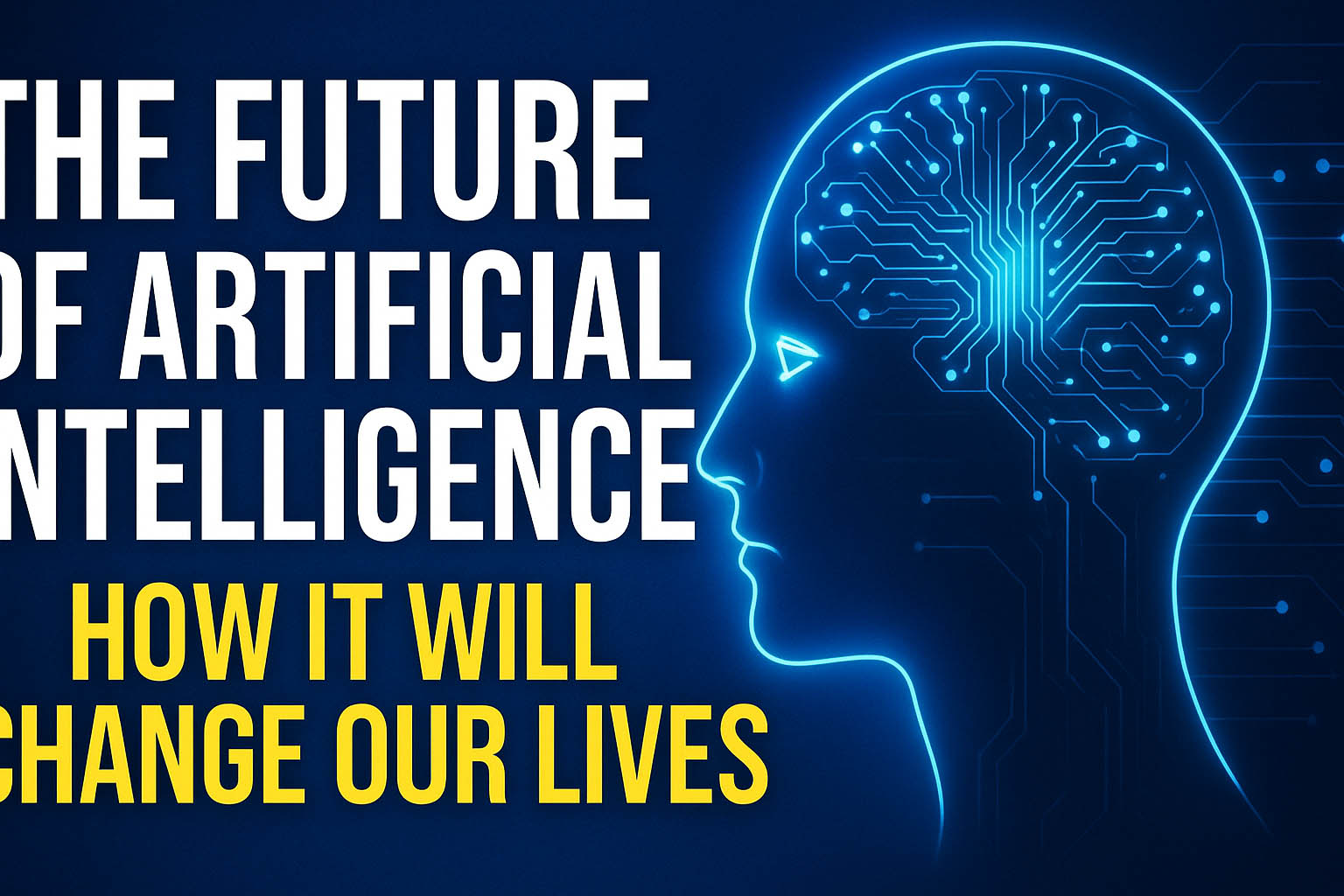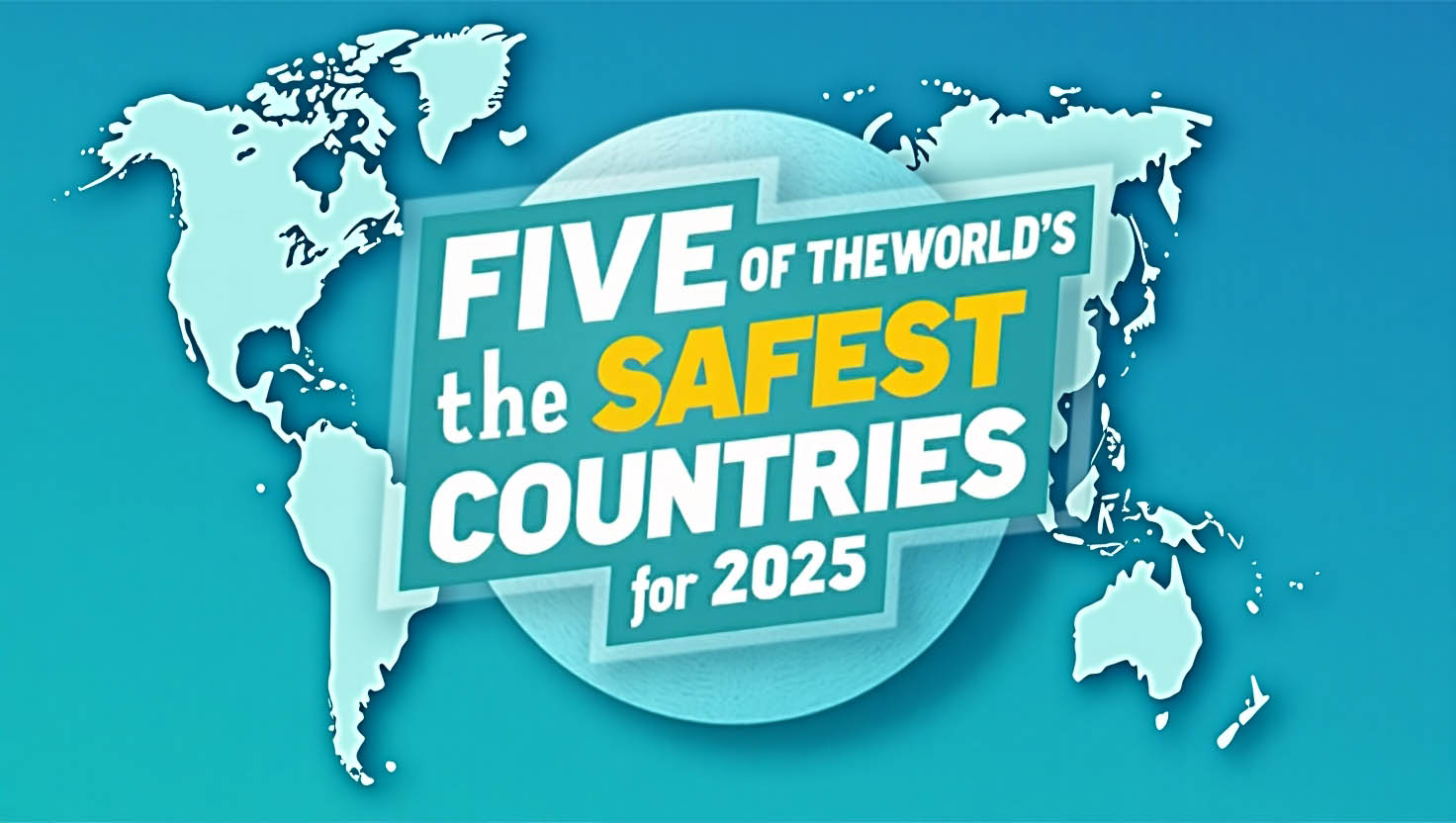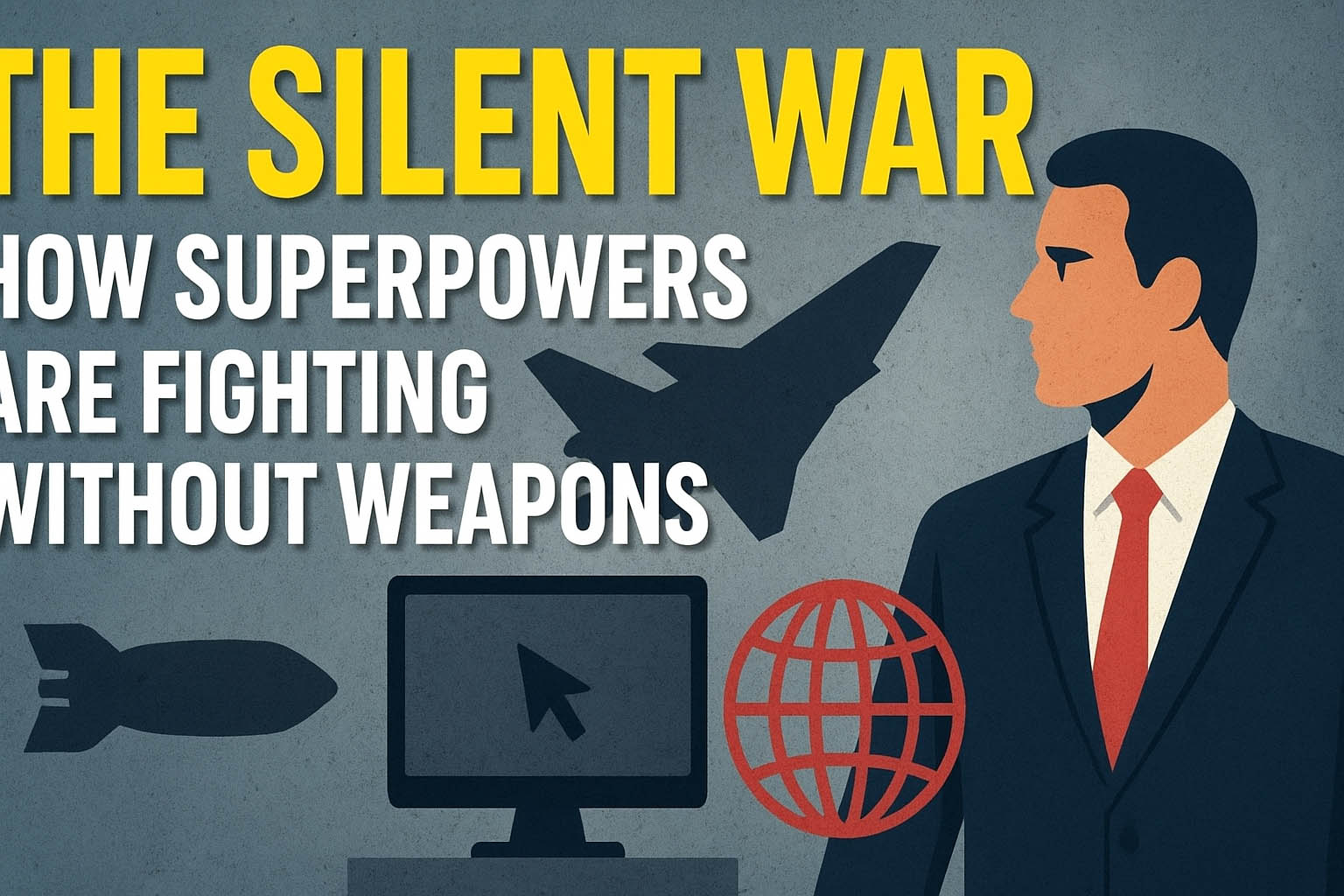Artificial Intelligence (AI) is no longer just a concept from science fiction movies. It has become an everyday reality, reshaping industries, economies, and even personal lifestyles. From the smartphones in our pockets to the self-driving cars being tested on our roads, AI is changing the way we live and work. But what does the future hold? How will AI transform our lives in the next decade?
AI in Daily Life
AI is already present in our daily routines. Voice assistants like Siri and Alexa, recommendation systems on Netflix or YouTube, and even medical apps that monitor health are examples of how AI quietly integrates into our lives. In the future, AI-powered personal assistants could manage entire households, from paying bills to scheduling medical checkups.
The Future of Work
One of the biggest questions people ask is: Will AI take away our jobs? The reality is more complex. While AI will replace certain repetitive and manual jobs, it will also create new opportunities. For example, industries like AI development, robotics, and data analysis are expanding rapidly. The workforce will need to adapt by gaining new skills, making education and training more important than ever.
Healthcare Revolution
AI has the potential to transform healthcare in extraordinary ways. Imagine a world where AI can detect diseases in their earliest stages, recommend personalized treatments, and even assist doctors in surgeries with precision robots. This could save millions of lives and make healthcare more accessible to people around the globe.
Transportation and Smart Cities
Self-driving cars are just the beginning. AI will play a huge role in building smart cities where traffic is managed automatically, pollution is reduced through optimized systems, and resources are distributed more efficiently. Imagine living in a city where traffic jams are rare and public transport is perfectly timed—all thanks to AI.
Ethical Concerns
While the potential of AI is exciting, it also comes with challenges. Issues such as data privacy, job displacement, and the misuse of AI in surveillance or weaponry raise serious ethical concerns. The future of AI must be guided by strong regulations and responsible use to ensure it benefits humanity rather than harming it.
Education and Personal Growth
AI will also change the way we learn. Personalized AI tutors could adapt lessons to each student’s strengths and weaknesses, making education more efficient and inclusive. Lifelong learning will become easier, allowing people to acquire new skills at any age.
Global Impact
AI won’t just affect individuals; it will reshape global politics and economics. Countries that lead in AI technology will have significant influence over others. This could create new power struggles but also opportunities for global cooperation if managed wisely.



